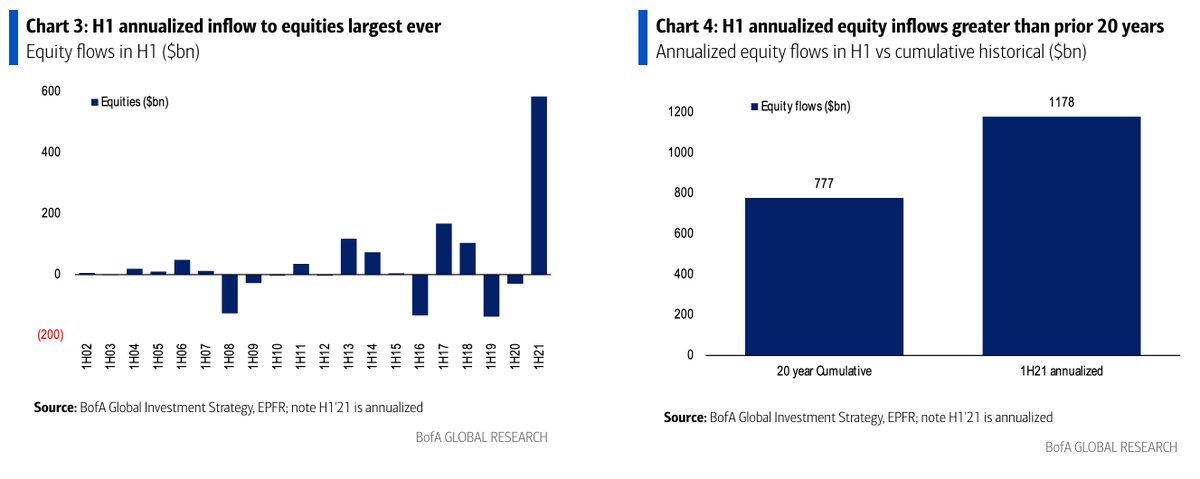Trust is a wonderful thing, and under-appreciated in greasing the economic wheels. A mini-thread. 1/n
Yesterday we bought a car in Norway, but didn’t actually pay until today. Or rather, yesterday we *acquired* a car, but because of some logistical issues we didn’t actually pay for it until today. But the seller was fine with us picking it up even though no payment was made yet.
Over the same 24 hours I received three scam calls on my US mobile. Ive never lives in a country with so much routine daily grift - whether calls, emails etc - and it seems to be increasing in frequency.
Economists have long know that some level of trust is essential to the functioning of modern economies, but the importance - and benefits - are becoming ever-clearer, as this piece underscores: behavioraleconomics.com/what-do-we-kno…
Which brings me to why things like the CFPB are so important, and why it’s gutting isn’t just a narrow tragedy for people taken advantage of. Over time, routine scams, grift or outright fraud erodes trust, and in turn erodes political and economic stability.
OBVIOUSLY there is fraud and corruption in Norway as well, but after just a few weeks back home I can notice how much more relaxed I am about a lot of routine things. Here is a report from @The_Nordics on how trust is the real “Nordic gold”. norden.org/en/news/puttin…
• • •
Missing some Tweet in this thread? You can try to
force a refresh













